News
Do Air Purifiers Help with Allergies?
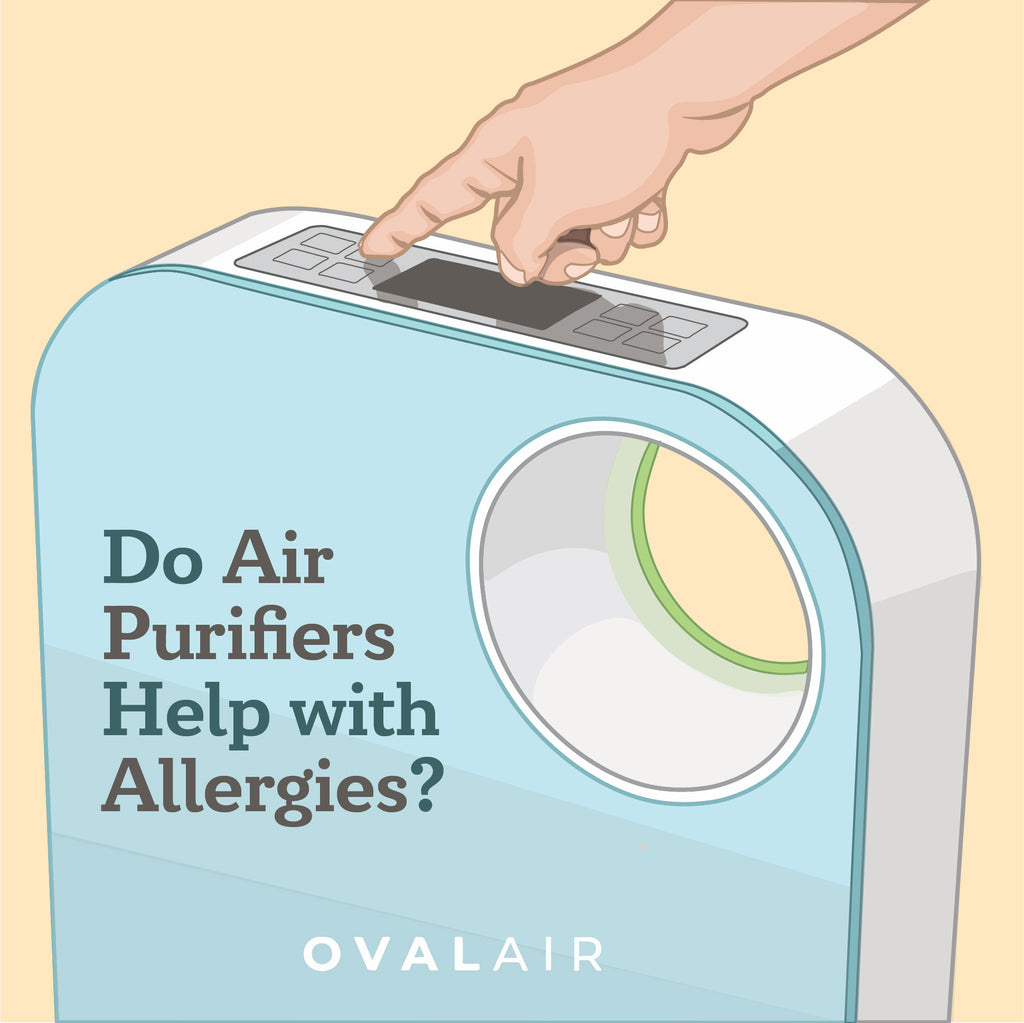
At times, we tend to live under the false assumption that the air inside our homes is safe from pollutants and allergens that you can find outdoors. Hence, we believe our health is not really at risk inside the house when we're breathing outside.
However, the truth is that the air inside our homes is often heavy with air pollutants. As a result, we are just as susceptible to conditions like asthma and allergic reactions indoors as we are outside. While there are certainly more assurances necessary to preserve the health of those suffering from respiratory and allergic issues, air purifiers can help.
Air purifiers can improve air quality inside your home, but can they help with allergies too? Let's find out below!
Air Purifiers- How Helpful is it for Allergies?
The effectiveness of an air purifier in reducing allergensdiffers from person to person. But as for the pollen present in the air indoors, air purifiers can significantly reduce that and soothe allergy symptoms.
The results will vary since everybody's living conditions are different, as are the number, types, and sizes of pollutants and allergens inside. The effectiveness of an air purifier depends on the size of your room, where the system is, its model, your health status, and the local weather.

The manufacturers tend to make bold claims on their product packaging, but you must take extra measures to ensure your air purifier helps with allergies. For instance, you must install the air purifier in the room where you and your family members spend the major part of the day.
Secondly, and this is the most important feature, you must opt for air purifiers that have a HEPA filter in them and that it operates throughout the day. You cannot expect optimal results if you only allow your air purifier to run a couple of hours a day and then switch it off.
You see, pollen can seep in at any time of the day or night through your window and settle onto furniture, curtains, and carpets unknowingly. When the air purifier keeps running, it ensures to catch any pollen trying to sneak in.
Moreover, air purifiers don’t work on their own against allergies: you have to take extra precautionary measures as well. These include practices like changing clothes when you return home from outside, closing windows, and so on.
Air Purifiers- Is there a Best Type for Allergies?
There is an endless variety of air purifiers available in the markets, but to pick the one that's best suited to your needs, you need to specify certain factors. Air filters can be very advantageous for people who have to deal with allergies because of the many aggravate particulates that they remove.
Although the filters will only remove what's in your indoor air and not what's settled on furnishings, floors, or walls, they'll still alleviate allergy. If you are specifically looking for air purifiers to address your allergy symptoms, you must bear in mind that products can vary by type.
Hence, before you set out to buy an air purifying system, do specify the air pollutants you wish to filter and the size of the rooms where you will install the system.
Air Purifiers- Can they worsen allergies?
One of the primary objectives of air purifiers is to clean the indoor air and remove particulates that could trigger allergies. Hence, air purifiers don’t exacerbate allergy symptoms unless one is using ionizing purifying systems
You can also lookup scientific research that supports the fact that air purifiers help people struggling with allergies. The purifying systems are especially helpful in cases where pollen and various irritants trigger allergies.
Moreover, air purifiers improve sleep quality too because they do a fine job of eliminating odors inside your home. This effect directly impacts how well the occupants of the home sleep. However, you must note that the quality of each air purifier system will differ depending on the size and model type you're using.
For instance, those filters with activated carbon will remove odors more successfully, but some may not work well for pollen. There are also several high-end purifiers that comprise multiple filter types to address several problems together.
Air Purifiers- What You Wish to Filter
The markets offer various air filters, eachoffering varying degrees of particle-removing capabilities. You could take the example of ion filters, UV air, and HEPA filters, which remove mold, pollen, dander, and dust quite well.
Below is a look at some of the filter types and the kinds of particles they particularly target:
- PECO (Photoelectrochemical oxidation) - these air purifiers feature advanced technology and can extricate even tiny particles in the air through a photoelectrochemical reaction. The latter is very effective and trapping and destroying pollutants.
- UVGI (Ultraviolet germicidal irradiation) - these air purifiers contain UV light, which renders the microbes inactivated. These systems do not disengage the microbes from the environment inside entirely. What they mainly do is inactivate the microbes.
- Electrostatic precipitation- these filters are quite like ionizers, and they use a wire for charging the particles and attracting them to the filter.
- Ionizer- these air filters employ a carbon brush or wire with high voltage to extricate particles indoors in the air. This system typically causes an interaction between the air particles and the negative ions. As a result, the filter or other objects in your room attract air particles.
- Activated carbon- these filters use activated carbon to eliminate the gases from the indoor air.
- HEPA- these filters are the fibrous media type that successfully eliminates particles from indoor air.
Final Thoughts
Air purifiers are helpful technological solutions that can successfully remove airborne particles and pollutants inside the home. Our indoor air can contain numerous harmful elements, such as pollen, pet hair, dander, and harmful odors.
Those with allergic conditions are especially vulnerable to these elements that can trigger reactions. With air purifiers inside the home, the system can successfully remove many of the aggravate particulates and clean the inside air.
https://www.webmd.com/allergies/hepa-filters-for-allergies
https://www.livescience.com/do-air-purifiers-help-with-allergies
https://www.healthline.com/health/air-purifier-for-allergies#our-picks
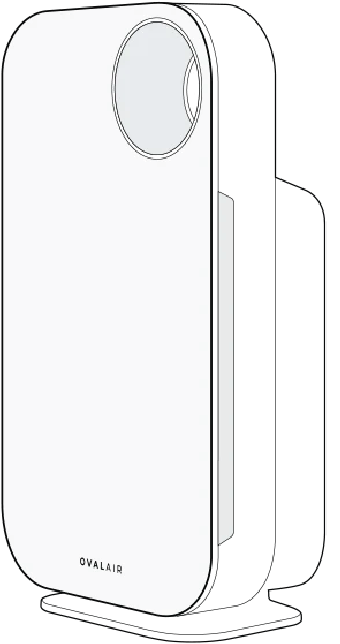
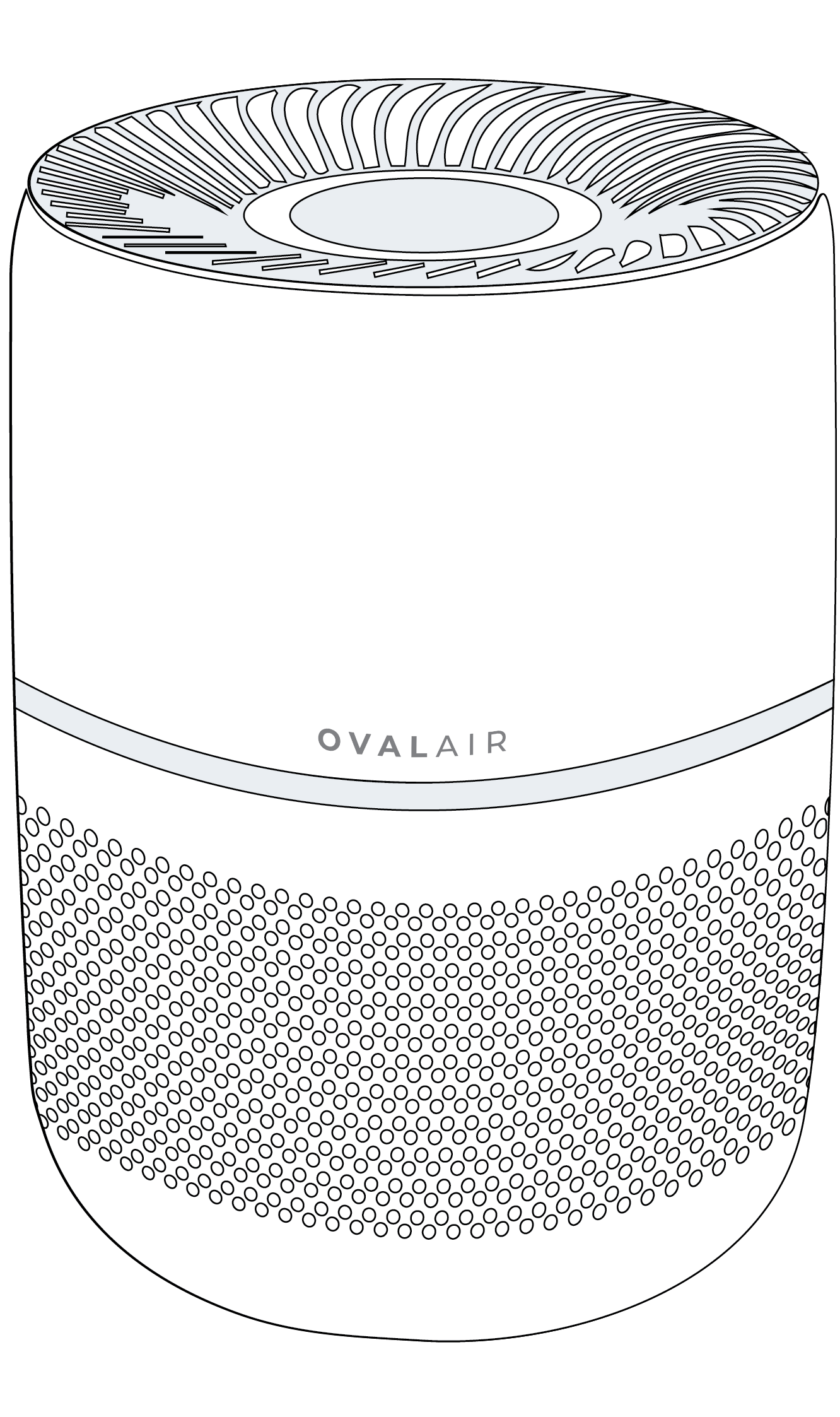
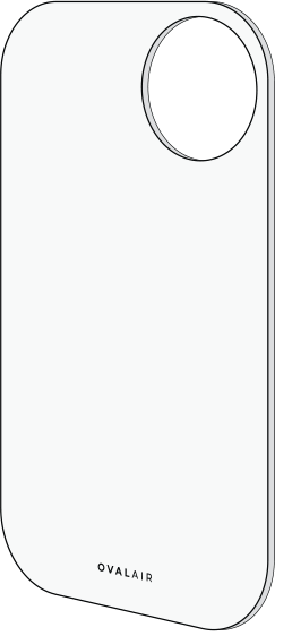

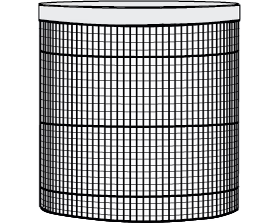
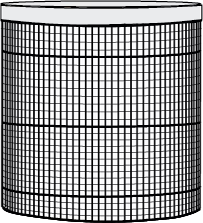
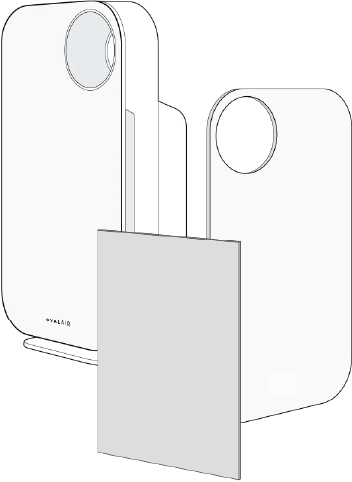
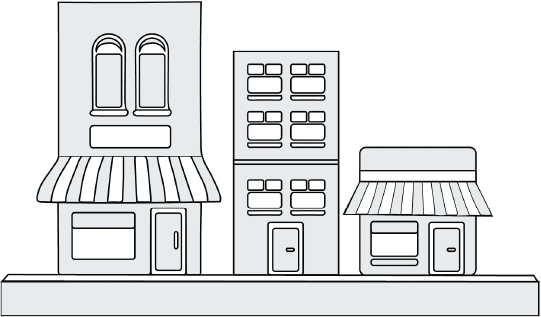


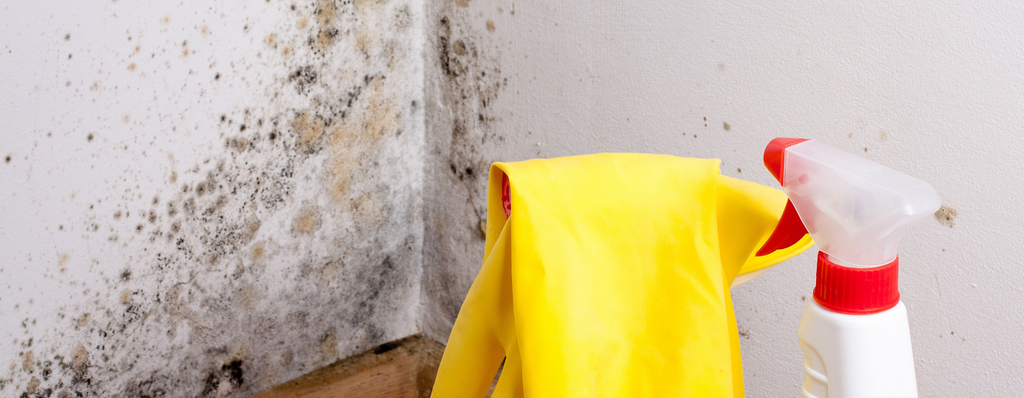




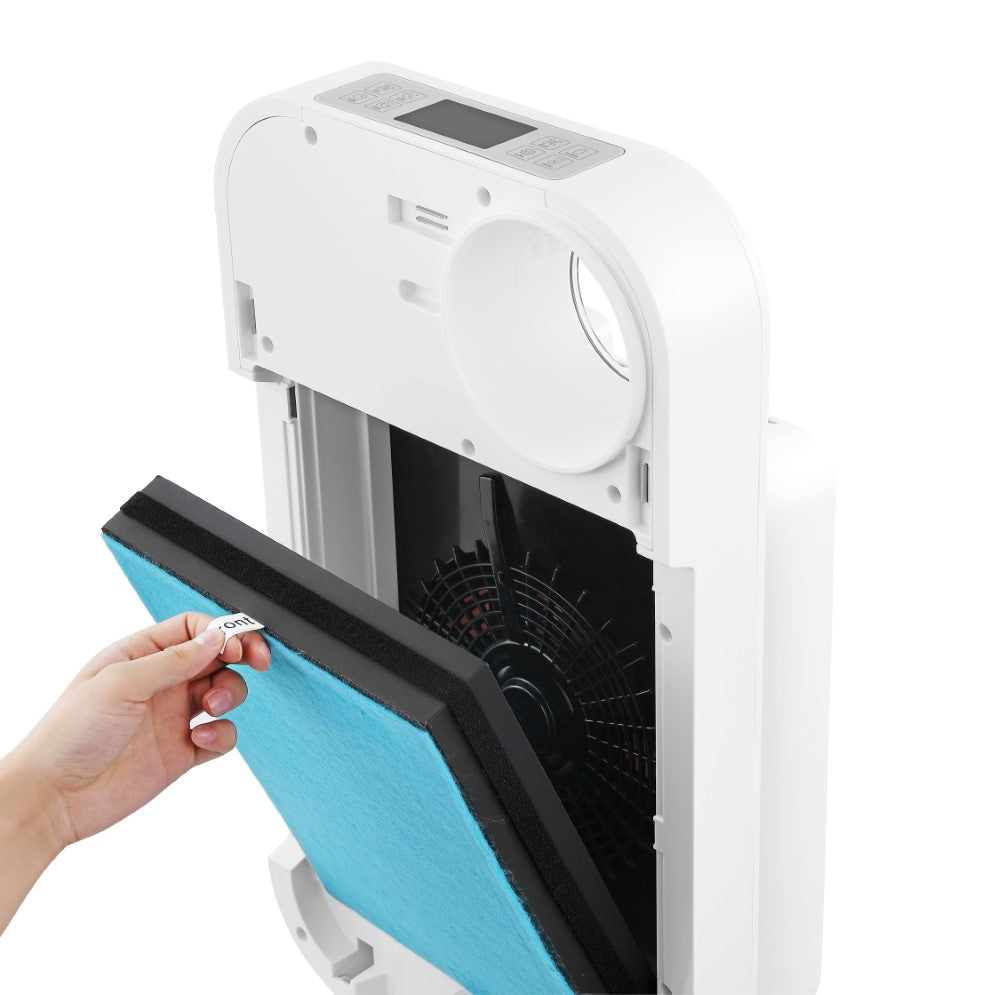


Leave a comment